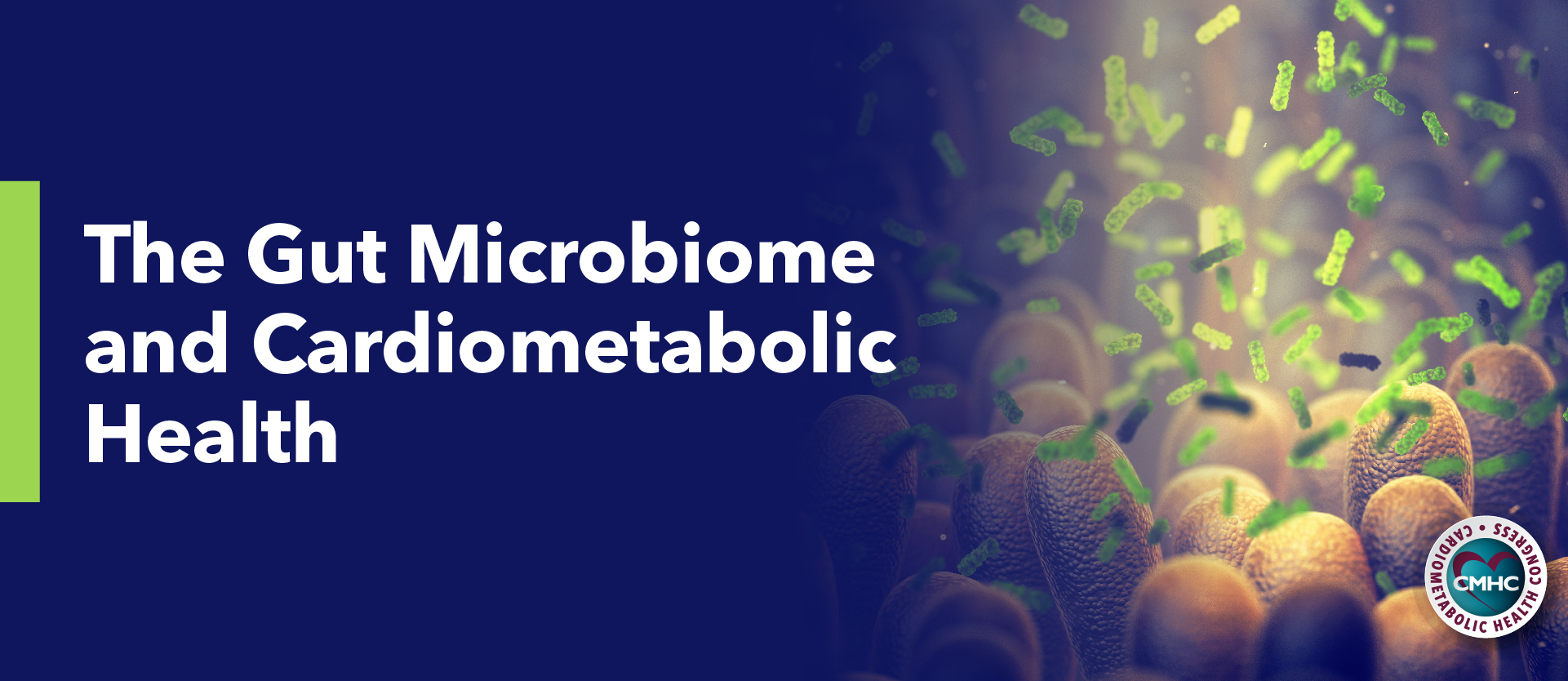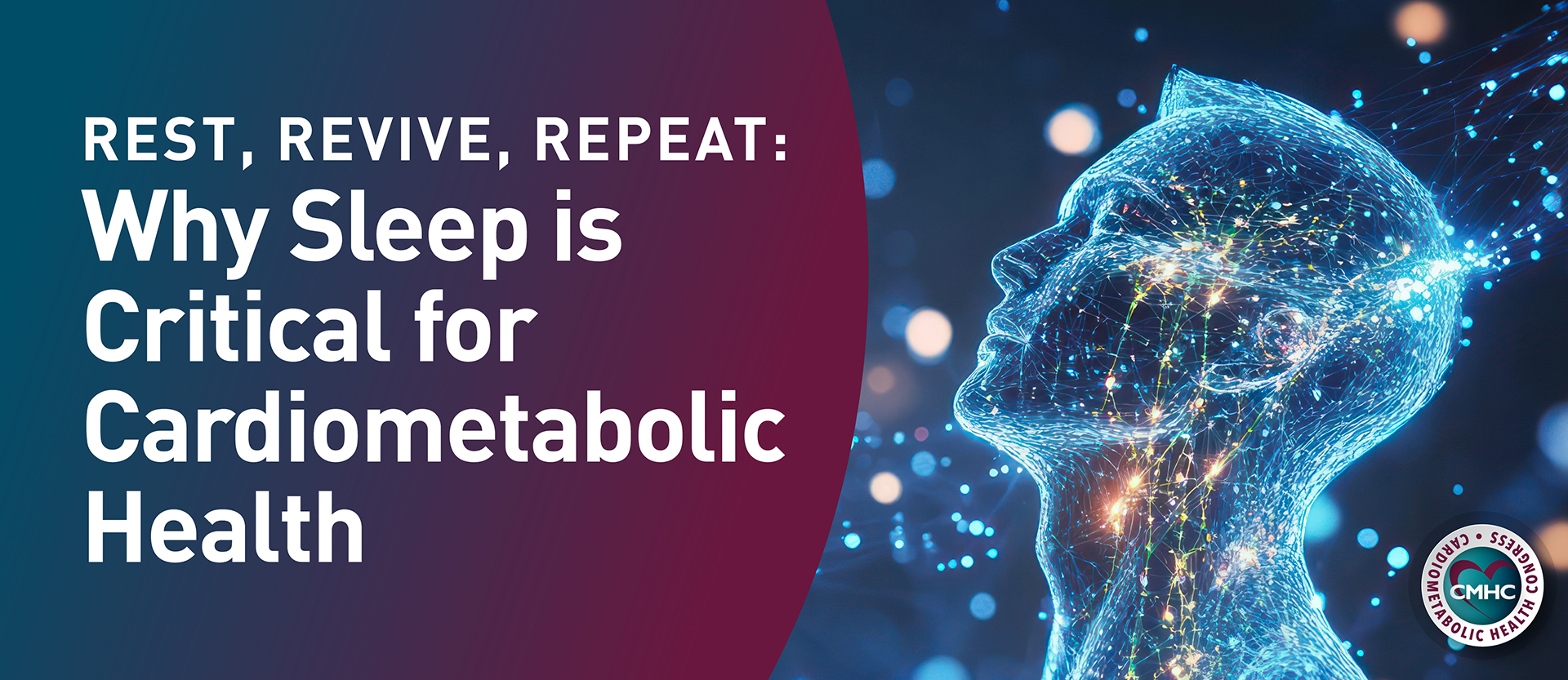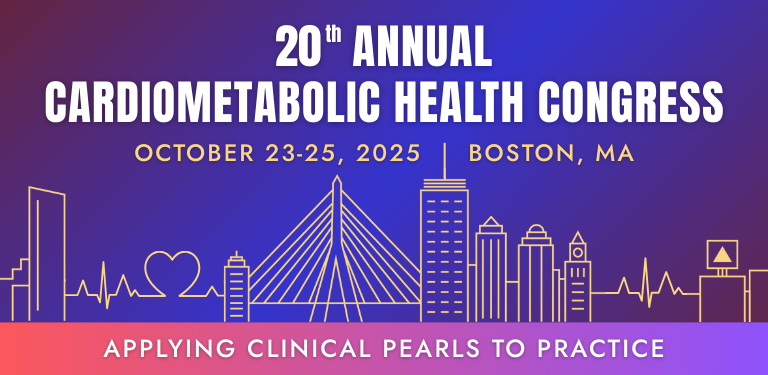Studies have linked inflammatory responses in the gut to a higher risk of developing cardiometabolic conditions such as cardiovascular disease (CVD) and type 2 diabetes (T2D). New research aims to test the hypothesis that diet modification can improve gut microbial composition and biosynthetic processes, which will, in turn, reduce inflammation and other biomarkers that are closely associated with the development of CVD, T2D, obesity, and many other cardiometabolic diseases.
The role of gut microbiota
The collection of microorganisms that exist within a single host are collectively referred to as microbiota. Microbiota live primarily in the gastrointestinal tract (mainly the colon) that has a rich nutrient environment. The microbiota participate in food digestion and perform multiple functions to regulate intestinal mucosal barriers, control nutrient uptake, stimulate the immune system, and prevent proliferation of pathogens. Healthy gut microbiota are essential for overall health.
Variation in bacterial diversity in the gut, while largely the result of diet, is also affected by the host genome and other environmental factors such as antibiotic use, lifestyle and hygiene. When in a balanced state, the community of microbiota produce metabolic bioactive signaling molecules that inhibit disease. When dysregulated, the gut microbiota contribute to bowel hypoperfusion and mucosal ischemia (leaky gut) which can allow microbial metabolites to enter the bloodstream, resulting in the low-grade, chronic inflammation common in cardiometabolic decline.
The microbiome and insulin resistance
A feature of T2D, certain CVDs, obesity, and other cardiometabolic conditions is insulin resistance – the inability of the body to recognize and respond to insulin produced by the pancreas, resulting in unstable blood glucose levels. Studies of nondiabetic individuals with insulin resistance showed they also had increased levels of branched-chain amino acids, which are the product of a gut microbiome deprived of certain helpful bacterial transporters. Because insulin resistance is a hallmark and indicator of cardiometabolic dysfunction, this is another possible link to the role of gut health in these disorders.
TMAO – An important biomarker
Studies in both human and animal models have shown an interesting link between a metabolite called trimethylamine N-oxide (TMAO) and poor cardiovascular outcomes. Metabolized in the gut, TMAO is also elevated in some patients with chronic kidney disease (CKD), a common comorbidity of CVD, T2D, and other chronic cardiometabolic conditions. TMAO results from choline being converted into trimethylamine, which enters the blood and is oxidized by the liver. Choline is an essential compound that occurs naturally in the body, but most choline in humans is introduced through foods like meat, eggs and beans. New translational research has suggested using TMAO as an early prognostic marker of patients at risk of CVD progression, as high levels may precede cardiometabolic decline.
Foods to improve gut health
While individual gut bacteria and personal food sensitivities and allergies must be considered when selecting which foods to eat, it is generally accepted that certain foods promote a healthy gut, and some promote inflammation, leaky gut and resulting complications. The Mediterranean diet (high intake of fruit, vegetables, nuts, legumes and vegetable oil, and low intake of red meat, dairy and refined grains) has demonstrated more production of healthy gut microbes and showed a lower risk of CVD compared to low-fat diets.
One hypothesis for how a diet rich in plants contributes to a healthy gut and reduces CVD and other cardiometabolic ailments is that the indigestible macromolecules in plant-derived foods are converted to short-chain fatty acids (SCFAs). These SCFAs have demonstrated beneficial physiological effects such as regulation of inflammatory processes, modulation of systemic blood pressure, maintenance of the intestinal barrier, and proliferation of epithelial cells.
Key takeaways
A well-balanced gut microbiome can have significant positive cardiometabolic effects. Promising markers in the gut microbiota that may predicts disease progression are being studied, and more is being uncovered about how diet and other environmental factors impact the delicate balance of microorganisms in the gut. This area of study demonstrates further how functions of the body once thought to be separate are now understood to be interrelated in health and disease.
Sources:
https://www.nature.com/articles/nature18646
https://www.sciencedirect.com/science/article/pii/S1931524420302036

















